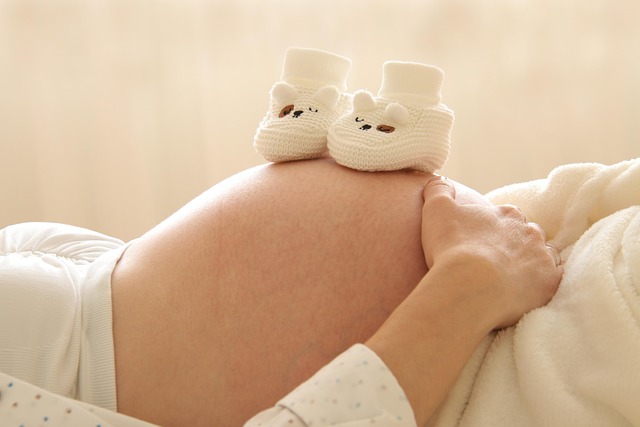In recent years, plant-based diets have gained popularity for various reasons, including health benefits, environmental sustainability, and ethical considerations. For expectant mothers following a vegetarian diet, it’s crucial to ensure that both mom and baby are receiving adequate nutrition during this vital time. While this lifestyle can be healthful, it does require some careful planning when it comes to pregnancy.
Let’s break down the types of plant-based diets. Some people might occasionally skip meat, like those who do “Meatless Mondays.” Others fully embrace vegetarianism, avoiding all meat products. Lacto-vegetarians refrain from eating eggs, while ovo-vegetarians avoid dairy. Vegans take it a step further by excluding all animal-derived products, including eggs, dairy, gelatin, and honey. Fortunately, there are still plenty of nutritious options available, such as fruits, vegetables, grains, nuts, legumes, meat substitutes, and dairy alternatives.
Pregnancy brings about increased nutritional needs to support the baby’s development. Most women can meet these requirements with a prenatal vitamin that covers 100% of their daily value (DV) of essential nutrients. However, vegetarians and vegans may need to take extra steps to ensure optimal health.
Key Nutrients for Pregnant Vegetarians
Let’s start with Vitamin B12. This vitamin is vital for the central nervous system, red blood cell formation, and DNA synthesis. During pregnancy, the recommended amount is 2.6 mcg daily. However, vegetarians and vegans are at risk of deficiency since B12 is generally found in animal products. It’s essential for plant-based mothers to consume B12-fortified foods or consider a supplement if needed.
Next up is iron. The requirements for iron increase during pregnancy due to increased blood volume and red blood cell production. Meat-eaters are advised to consume 27 mg daily, while vegetarians need about 48.6 mg. Plant-based iron isn’t absorbed as well as iron from meat, so supplementation might be necessary.
Choline is another nutrient that’s often overlooked. Most pregnant women, regardless of diet, don’t get enough choline. The suggested daily intake is 450 mg. Good plant sources include soybeans and wheat germ, but supplements can also help meet this requirement.
Calcium is crucial for bone health, but vegetarians who consume dairy might not be overly concerned. Some plant foods contain oxalates, which can hinder calcium absorption. For example, spinach has calcium, but its high oxalate content means it isn’t easily absorbed. Spacing out calcium intake throughout the day and pairing it with vitamin D can enhance absorption. Pregnant women should aim for 1,000 mg of calcium daily.
Omega-3 fatty acids are important too. Pregnant women should aim for 1.4 grams of alpha-linolenic acid (ALA) each day, which can be sourced from plant oils, walnuts, and chia seeds. However, ALA doesn’t convert easily to DHA, which is essential for fetal brain development. Plant-based moms might consider discussing algae-based DHA supplements with their healthcare providers.
Folic acid is essential during pregnancy and has been shown to reduce the risk of neural tube defects significantly when taken before conception and during pregnancy. Pregnant women should aim for 600-800 mcg daily.
Lastly, protein intake is often a concern among pregnant vegetarians. The general recommendation is 71 grams daily. With the right foods—like yogurt, beans, quinoa, and nuts—vegetarians can easily meet this goal. Vegans can incorporate tofu, lentils, and soy milk into their diets.
Being pregnant and following a vegetarian or vegan diet doesn’t have to be overwhelming. With some planning, you can meet your nutritional needs. If supplementation is necessary, consult with a healthcare provider or a nutritionist to tailor a plan that works for you. If you’re looking for more resources on home insemination and pregnancy, check out this great article on moving from waiting to pregnant in one cycle. For expert advice on fertility journeys, visit Make a Mom. Additionally, the NIH provides excellent resources for those navigating pregnancy and home insemination.
In summary, a pregnant vegetarian can maintain a healthy diet with careful attention to key nutrients like B12, iron, choline, calcium, omega-3s, folic acid, and protein. Proper planning and possibly supplementation can help ensure both mother and baby thrive during this exciting time.

